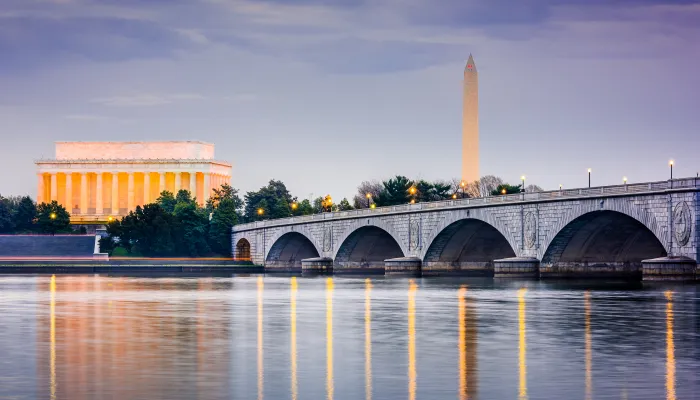House Build Back Better Bills Are Built on Shaky Foundation
For Immediate Release
The House is slated to vote today on two parts of the President’s Build Back Better agenda – the bipartisan infrastructure bill and a reconciliation bill addressing climate change, child care, health care, and other priorities.
The following is a statement from Maya MacGuineas, president of the Committee for a Responsible Federal Budget:
A fiscally responsible Build Back Better agenda should be fully paid for, gimmick-free, well-targeted based on the country’s needs, and enacted in the context of a broader budget. While policymakers should be commended for their efforts to scale back costs and include real offsets, these bills still fall far short of those goals.
While President Biden and Members of Congress pledged their agenda would not add to the debt, it is likely that both bills would increase the deficit based on official estimates. The bipartisan infrastructure bill – negotiated by Democrats and Republicans – will add roughly $400 billion to the debt over the next decade. While we still don’t know the true fiscal impact of the reconciliation legislation, it is likely that it will add modestly to the deficit as well.* No one should vote for this bill prior to seeing a CBO score.
The bills are also riddled with gimmicks. The bipartisan infrastructure bill claims it is fully paid for by taking credit for savings that had nothing to do with the bill itself. The reconciliation bill keeps its official cost down through arbitrary expirations – the Child Tax Credit and Earned Income Tax Credit expansions after one year, Affordable Care Act expansions after 3 and 4 years, and child care and pre-K after six years. If these and other sunset policies are extended without offsets, it would cost an additional $2 to $2.5 trillion through the end of the decade.
And then there’s the last-minute addition of a SALT cap increase, which will deliver a huge tax cut to very high earners at a cost of nearly $300 billion over the first five years. The proposed SALT cap increase would cost more than the bill’s Child Tax Credit, health coverage expansions, housing initiatives, or education funding, and roughly 98 percent of the benefit would go to those making six figures. This is egregious in light of the objectives of the bill. This tax cut would be offset on paper with a sleight of hand where policymakers extend the SALT cap beyond 2026 but leave other accompanying parts of the TCJA for future lawmakers to extend.
All of this is being considered in the context of near-record levels of debt, trust funds years away from insolvency, and an unsustainable fiscal situation that few in either party are even trying to address. Given the current budget outlook, we should ideally be pursuing long-term deficit reduction, rather than limiting deficit increases. And we should be doing it in the context of an actual detailed budget for the nation.
Washington’s credibility is on the line, and we need to get this right. Rather than rush through irresponsible legislation before it has even been scored, the House should fix the flaws in the current bills to ensure the Build Back Better agenda –both reconciliation and infrastructure – is honestly accounted for and truly paid for.
*The Administration estimates the current bill would reduce deficits by $36 billion. However, its $480 billion estimate of gross revenue raised from higher IRS funding is likely more than twice as high as what CBO will conclude.
###
For more information, please contact Kim McIntyre, director of media relations, at mcintyre@crfb.org.

